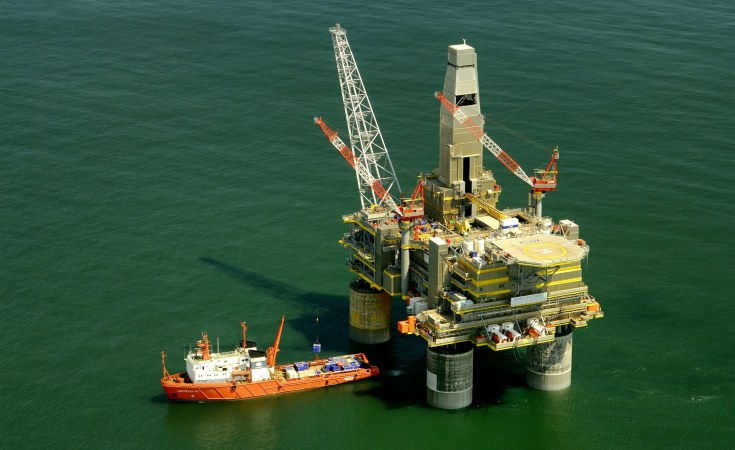Major stakeholders in Nigeria's oil and gas have called for strong measures to deal with major causes of declining crude oil production as a way to return waning investor confidence in the sector.
At the Nigerian Association of Energy Correspondents Conference 2024, with the THEME: 'GAS AS ENERGY TRANSITION FUEL: NAVIGATING NIGERIA'S TRILEMMA OF FINANCE, ENERGY SECURITY, AND INTERNATIONAL POLITICS,' minister of State for Petroleum (Gas) Ekperikpe Ekpo, noted the challenges with regard to financing key industry projects.
"We are well aware of the financial challenges involved in driving energy development in Nigeria, particularly in the gas sector. However, we are making significant strides in unlocking investments. One major milestone is the forthcoming Gas Sales Purchase Agreement (GSPA) for the Brass Methanol Project, which will inject $3 billion into Nigeria's gas industry. This investment will not only enhance Nigeria's position in the global gas market but also stimulate the local economy by creating jobs and expanding our industrial base." Ekpo told the audience.
In addition, as contained in the Petroleum Industry Act PIA 2021, he said, the ministry has constituted the Midstream and Downstream Gas Infrastructure Fund (MDGIF) to address critical financing gaps in infrastructure development. This will go a long way in ensuring that our gas resources are efficiently harnessed and delivered to the market.
On energy security, the minister said, ensuring a secure and stable energy supply is essential for Nigeria's economic growth. In the gas sector, the government, he said, has taken important steps to guarantee reliable energy delivery for power generation and industrial use.
On his part, the executive secretary of the Nigeria Extractive Industry Transparency Initiative (NEITI) Orji Ogbonnaya Orji, reflected on the 2022-2023 report of the NEITI which showed that fiscalised crude oil production in 2022 stood at 490.945 million barrels indicating an 11 per cent decrease from 2021.
Orji, however, said 2023 saw an increase to 537.571 million barrels, reflecting a 9.5 per cent rise. Similarly, total crude lifting in 2023 was 534.159 million barrels, representing an 11 per cent increase from 2022.
On oil theft and crude losses, the ES, said the report indicated a significant reduction in crude oil theft and losses, with 7.68 million barrels stolen or lost in 2023--a 79 per cent drop from the 36.69 million barrels lost in 2022.
Speaking on revenue generation, he disclosed that, in 2022, material companies accounted for $15.549 billion (96%) of revenues generated in the oil and gas industry, while in 2023, this figure rose to $21.415 billion (95%). These revenues came from 17 identified streams, including taxes, oil and gas sales, NLNG dividends, royalty payments, and gas flare penalties.
Orji also noted that, as of June 2024, the outstanding collectible revenues due to the federal government in the oil and gas industry stood at over $6.071 billion and N66.4 billion.
A breakdown shows that $6.049 billion and N65.9 billion were unpaid royalties and gas flare penalties due to the Nigerian Upstream Petroleum Regulatory Commission (NUPRC). Additionally, there were $21.926 million and N492.8 million in outstanding petroleum profit taxes, company income taxes, withholding taxes, and VAT due to the Federal Inland Revenue Service (FIRS).
The 2022/2023 NEITI report revealed that 23.54 billion litres of Premium Motor Spirit (PMS) were imported into Nigeria in 2022, while 20.28 billion litres were imported in 2023--a 14 per cent decline attributed to the removal of the subsidy.
From 2006 to 2023, a total of N15.87 trillion was claimed as under-recovery/price differentials, with the highest amount of N4.714 trillion recorded in 2022.


